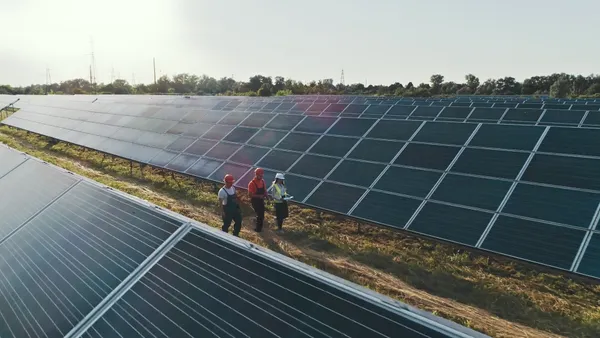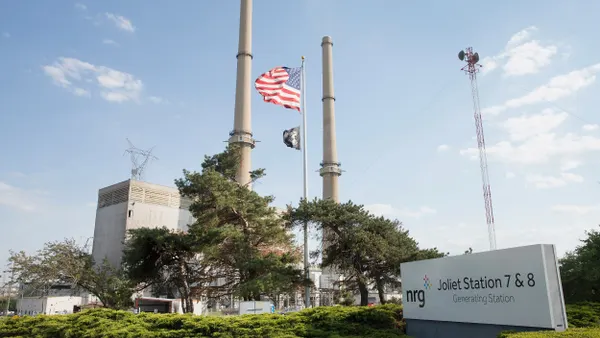Dive Brief:
- The U.S. District Court for Colorado made the very specific ruling that applying Colorado’s definitions to what is or is not renewable energy in other states and does or does not qualify for Renewable Energy Credits (RECs) for Colorado utilities is not “extraterritorial” regulation in violation of commerce laws.
- Because the U.S. District Court for Minnesota and a three-judge panel of the U.S. Court of Appeals for the Ninth Circuit previously ruled, on that narrow issue, that applying Minnesota’s RES is “extraterritorial” regulation, the Colorado decision is likely to be appealed in the U.S. Tenth Circuit Court of Appeals.
- The broader challenge to the renewable energy standard (RES) in Colorado was defeated, as it was in Minnesota, based on three arguments, that it (1) created explicit discrimination against business from other states, (2) is outside the state, or "extraterritorial," regulation, and (3) imposes undue burdens on interstate commerce that outweigh local benefits.
Dive Insight:
The Colorado suit was brought by the Energy and Environment Legal Institute with the stated intention of eliminating the state’s RES, the latest in a long series of efforts across the U.S. to impede the growth of renewables.
Commerce clause arguments are expected to be more important in coming tests of a variety of environmental regulations.
Minnesota and California courts also rejected commerce clause maneuvers to block RESs but if the Minnesota ruling stands or the Energy and Environment Legal Institute appeal wins in Colorado, it could impede other state RESs, legal authorities say.
Because the Colorado RES was one of the clearest of all RESs on the interstate commerce subject, according to legal experts, it will – if upheld on appeal – strengthen other RESs: "It's the clearest, most direct assessment of that issue from a federal court so far – evaluating an [RES] on the merits and finding it passes constitutional muster."













